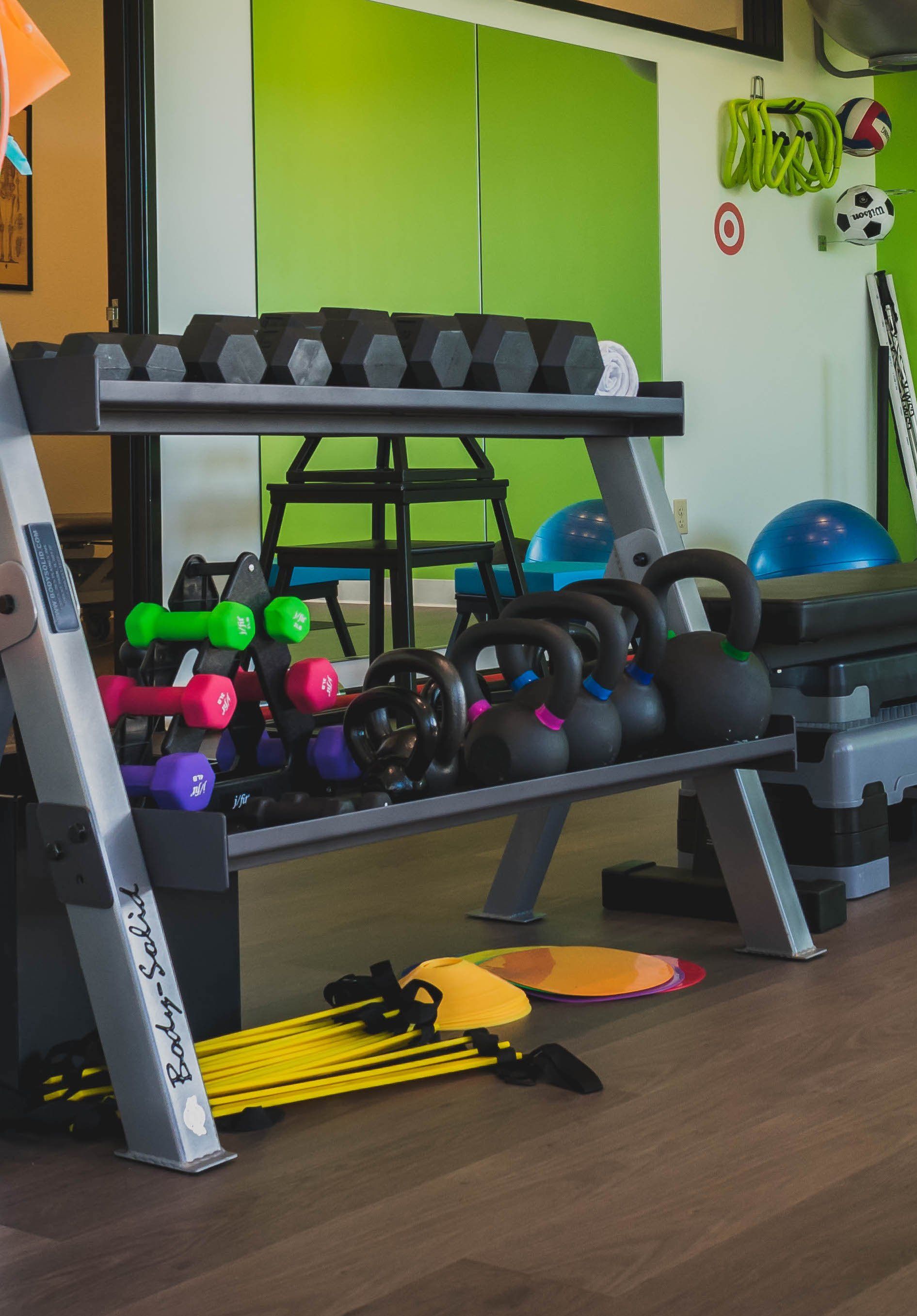Pinched Nerve Treatment
Pinched Nerve In Lower Back Treatment
A pinched nerve is an unpleasant sensation that occurs when tissue compresses the nerves around it, typically associated with neck or back pain. There are a variety of factors that can cause a pinched nerve including poor posture, arthritis, repetitive stress, and any activities that may cause tissue to compress your nerves. If your nerve is pinched for a long period, it may lead to chronic pain and permanent nerve damage. When a pinched nerve is present, it’s important to pinpoint the source and reason for the pain.
Where Is My pain Coming From?
If you’re suffering from a pinched nerve in lower back, you’re probably experiencing symptoms of numbness, muscle weakness, and a sharp radiating pain around the your lower back area. The compressed nerve causes inflammation and can actually leave the site of origin and radiate into other locations like the legs, hands, or shoulders. It’s truly no fun at all and should be dealt with my seeking out pinched nerve treatment. Some of the common conditions associated with pinched nerves include a herniated disc, cervical radiculopathy, carpal tunnel syndrome, and ulna nerve entrapment.
When Should I Seek Out Treatment For My Pinched Nerve?
Like most injuries, the sooner you begin the treatment of a pinched nerve in your lower back, the better chance you’ll alleviate the symptoms and recover more quickly. Ignoring pinched nerve symptoms can lead to chronic pain and permanent nerve damage. Working with a physical therapist to address your pinched nerve is a great way to eliminate current pain and defend against any future injuries.
How Can Physical Therapy Help My Pinched Nerve?
Your physical therapist will work with you one-on-one to understand your needs and goals and design a treatment plan based on your body and areas of pain caused by the pinched nerve. They may use a variety of tools out of their “toolbox,” such as:
• Manual therapy, skilled, hands-on techniques used to relieve nerve pressure and increase mobility of stiff joints and muscles.
• Custom exercises to strengthen muscles, increase joint mobilization, and stretch nerves to reduce pain.
• Posture retraining and workstation optimization to reduce pressure and inflammation and help you avoid future injury.
Physical therapists can provide the necessary tools to treat and prevent pinched nerve injuries, allowing you to return to your favorite activities pain-free and better than ever! To learn more about pinched nerve in lower back treatment or to eliminate any current discomfort, book a physical therapy assessment today.
